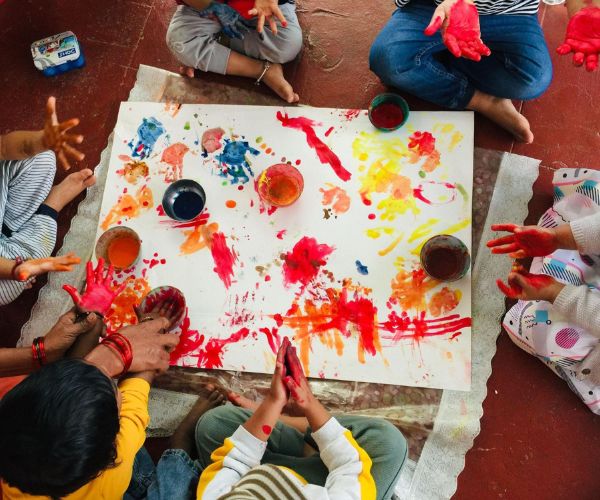
Key Life Skills
The foundation of life skills begins in childhood, as these formative years are critical for shaping emotional, social, and cognitive development. Life skills empower children to navigate challenges, build meaningful relationships, and adapt to a rapidly changing world. Introducing these skills early lays a strong groundwork for resilience, confidence, and well-being throughout life.
The child-centered approach plays a crucial role in fostering life skills from an early age. It encourages independence, self-awareness, and respect for others. Learning environments are designed to offer opportunities for children to engage in practical activities, make choices, and interact meaningfully with their peers, promoting essential life skills in a natural and engaging manner.
- Emotional Intelligence: Through self-directed learning and collaborative activities, children learn to recognize, understand, and manage emotions while empathizing with others, building the foundation for strong relationships and emotional well-being.
- Acceptance: The philosophy of respecting individual differences and embracing diversity teaches children to accept themselves and others. This nurtures compassion, resilience, and a positive attitude toward challenges.
- Boundaries: Learning environments provide clear structures and routines, helping children understand and respect boundaries. By establishing limits in a supportive way, children develop responsibility, self-discipline, and social awareness.
By embedding these life skills into daily activities, this approach ensures children grow into confident, empathetic, and adaptable individuals, ready to thrive in all aspects of life.
